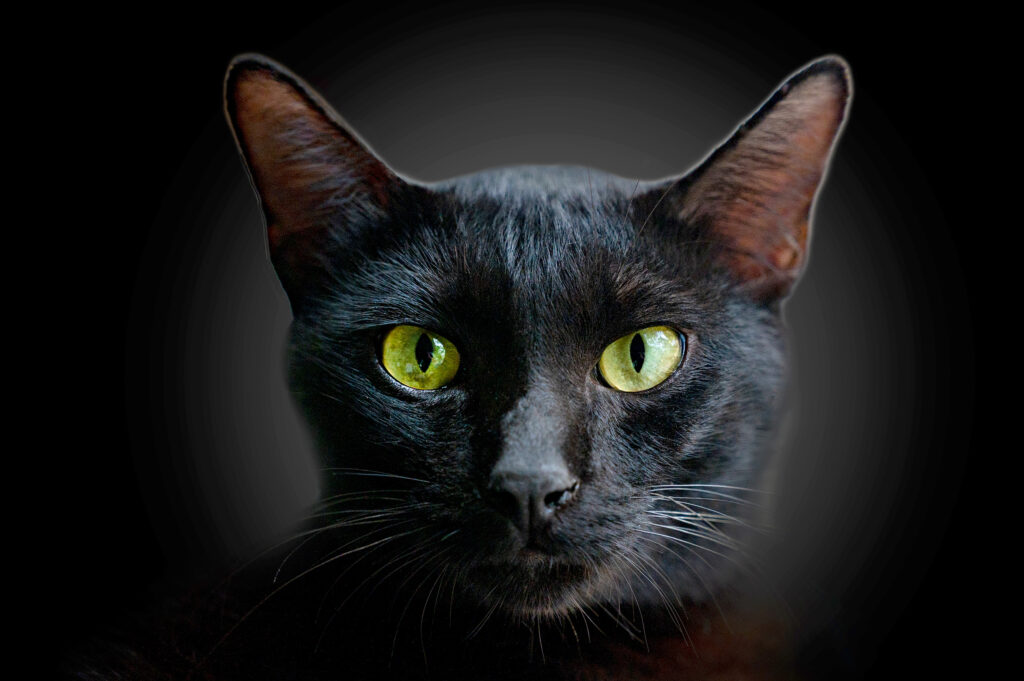Note: If you wish to receive, via e-mail, (1) my weekly newsletter or (2) daily copies of these posts, notify me at [email protected] and indicate which you would like. I promise not to share your e-mail address with anyone. To unsubscribe, send me a follow-up email.
Friday
When I was growing up, the superstition of Friday the 13th being unlucky was kept alive by the turtle character Churchy La Femme (after “cherchez la femme”) in the cartoon strip Pogo. If the 13th did not land on a Friday, Churchy would remark, “Friday the 13th is on a Tuesday [or whatever] this month.”
An internet search informs me that, while 13 is itself regarded as an unlucky number in many cultures, its pairing with Friday may originate in a now-forgotten French play. In Les Finesses des Gribouilles, we encounter a character declaring, “I was born on a Friday, December 13th, 1813 from which come all of my misfortunes.”
Incidentally, my internet search also informed me that there is a word for fear of Friday the 13th. “Paraskevidekatriaphobia” is derived from the Greek words Paraskeví (meaning Friday) and dekatreís (meaning thirteen).
Today’s lyric, while a nod to superstition (black cats in this instance), is a great poem in its own right. Some people believe it is bad luck for a black cat to cross one’s path, and Rilke’s poem contends that black cats are even more unsettling than ghosts. A ghost, after all, will arrest the sight, whereas the “thick black pelt” of a black cat will absorb “your strongest gaze” so that you disappear into it.
This is not altogether bad, the poet adds. For while disappearing into a cat’s blackness is like a raving man charging howling into a dark night, the absorption also pacifies him.
Perhaps that’s because, when we disappear into the abyss, we lose all sense of self. Thus Rilke talks of curling up to sleep with this “menacing and sullen” apparition. We stop fighting our fear of losing our reason and surrender to the darkness.
Only the peace is temporary because, when the cat turns its face on us, we awaken again to ourselves, seeing ourselves “suspended” or trapped–“like a prehistoric fly”–in “the golden amber of her eyeballs.” Self, as Jane Austen puts it, will intrude.
I am reminded of Edgar Allan Poe’s “Black Cat” story when the madman thinks he has found peace after having walled up his murdered wife. After all, he has successfully eluded the police, the superegos to his id–only it so happens that he has accidentally walled up the cat as well, and its mewing alerts the authorities to the crime. The cat, like the tell-tale heart, will not remain silent.
In other words, we cannot escape the self, which glows in the darkness, and feel powerless.
Black Cat
By Rainer Maria Rilke
Trans. Stephen Mitchell
A ghost, though invisible, still is like a place
your sight can knock on, echoing; but here
within this thick black pelt, your strongest gaze
will be absorbed and utterly disappear:just as a raving madman, when nothing else
can ease him, charges into his dark night
howling, pounds on the padded wall, and feels
the rage being taken in and pacified.She seems to hide all looks that have ever fallen
into her, so that, like an audience,
she can look them over, menacing and sullen,
and curl to sleep with them. But all at onceas if awakened, she turns her face to yours;
and with a shock, you see yourself, tiny,
inside the golden amber of her eyeballs
suspended, like a prehistoric fly.
